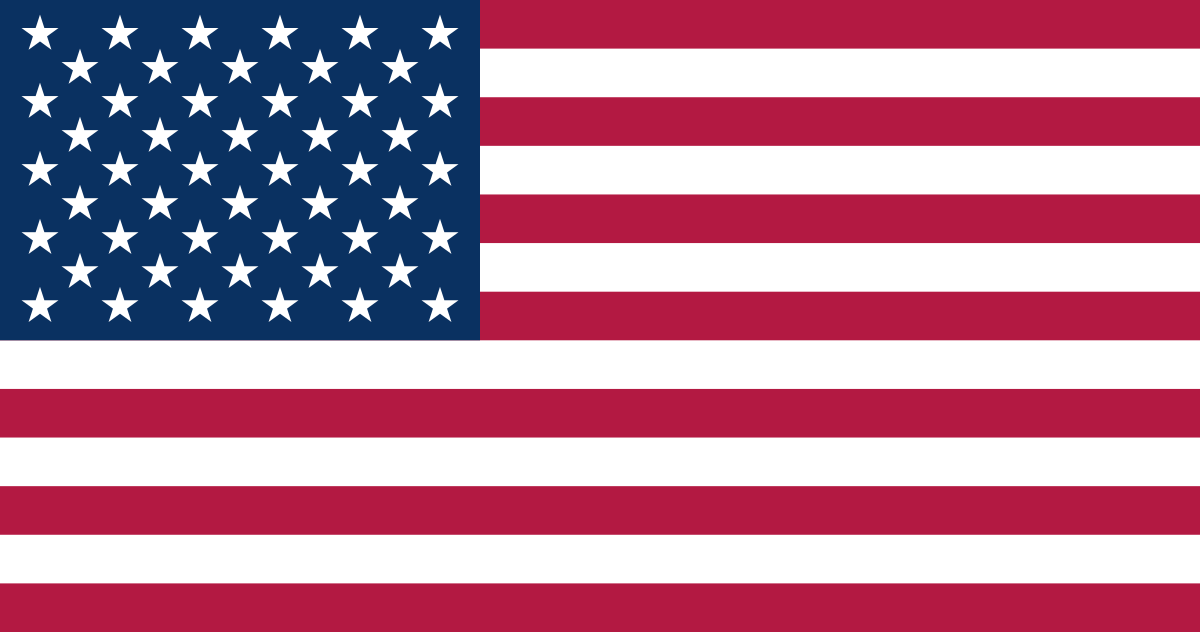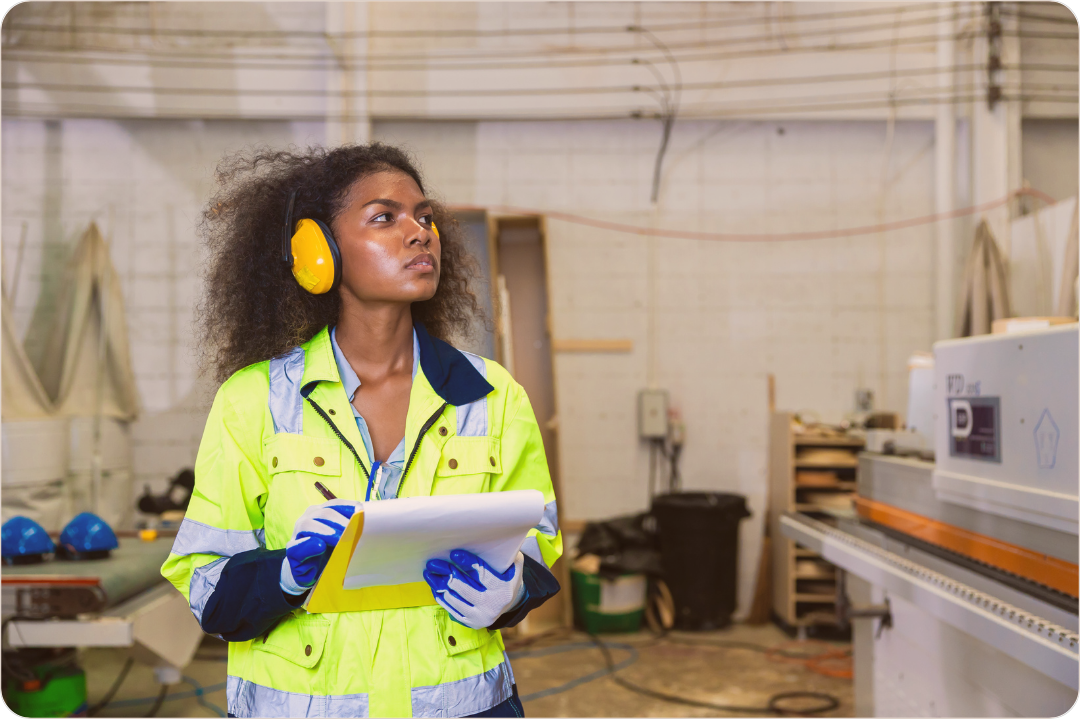From forestry and agriculture to healthcare and public services, the State of Washington employs a significant number of workers who operate alone. These lone workers may be assigned to remote field sites, perform home visits, or work after hours without direct supervision. Because they are isolated from others during their shifts, they face unique safety risks that employers must carefully assess and manage.
Washington operates a state-run occupational safety and health program through the Division of Occupational Safety and Health (DOSH), which is part of the Washington State Department of Labor & Industries (L&I). This program is OSHA-approved, meaning Washington enforces its own safety standards that are at least as effective as federal OSHA rules—and often more specific or stringent.
On This Page
Our Guide To Lone Worker Safety Policy And Legislation In Washington
Employers in Washington are required to comply with DOSH standards, which include both general industry rules and specific regulations for high-risk sectors such as construction, agriculture, and healthcare. While there is no standalone rule that governs lone work, Washington's broader workplace safety regulations address many of the hazards lone workers face—particularly under the General Duty Clause, which requires employers to provide a workplace free of recognized hazards.
Washington also mandates Accident Prevention Programs (APPs), which must include an evaluation of hazards related to the work environment and task. For lone workers, this should specifically involve identifying the risks of working alone and putting measures in place to address them.
How Washington Defines A Lone Worker
Washington does not use a formal definition of "lone worker" in its labor code, but the term is widely recognized in the context of safety planning. A lone worker is any employee who performs their job in isolation, without immediate access to help or supervision.
Common lone worker roles in Washington include:
- In-home healthcare workers
- Park rangers and forestry staff
- Utility and communications technicians
- Agricultural laborers working on large or remote properties
- Custodians or janitors working overnight shifts
- Delivery and transportation personnel
These workers are often exposed to physical hazards, environmental conditions, or unpredictable interactions—all of which require proactive safety management.
Employing A Lone Worker In Washington
Employers must consider the unique risks lone workers face and create a tailored safety approach that includes communication, supervision, and emergency readiness. DOSH’s requirements for safety programs and hazard prevention make this not only a best practice—but a regulatory necessity.
Effective measures for managing lone worker safety in Washington include:
- Comprehensive Hazard Assessments: Identify risks related to the work environment, the worker’s tasks, and isolation factors.
- Reliable Communication Tools: Provide workers with phones, radios, or safety apps that allow them to stay connected and call for help if needed.
- Scheduled Check-Ins: Use manual or automated systems to track the worker’s status throughout their shift.
- Incident Response Planning: Ensure lone workers know what to do in case of an emergency and how to get help quickly.
- Worker Training: Teach employees how to use safety equipment and communication tools and how to recognize risks associated with working alone.
When properly implemented, these steps reduce risk and demonstrate that an employer is meeting their responsibility under Washington’s labor laws.
Learn How You Can Protect Your Employees With Loneworker.com
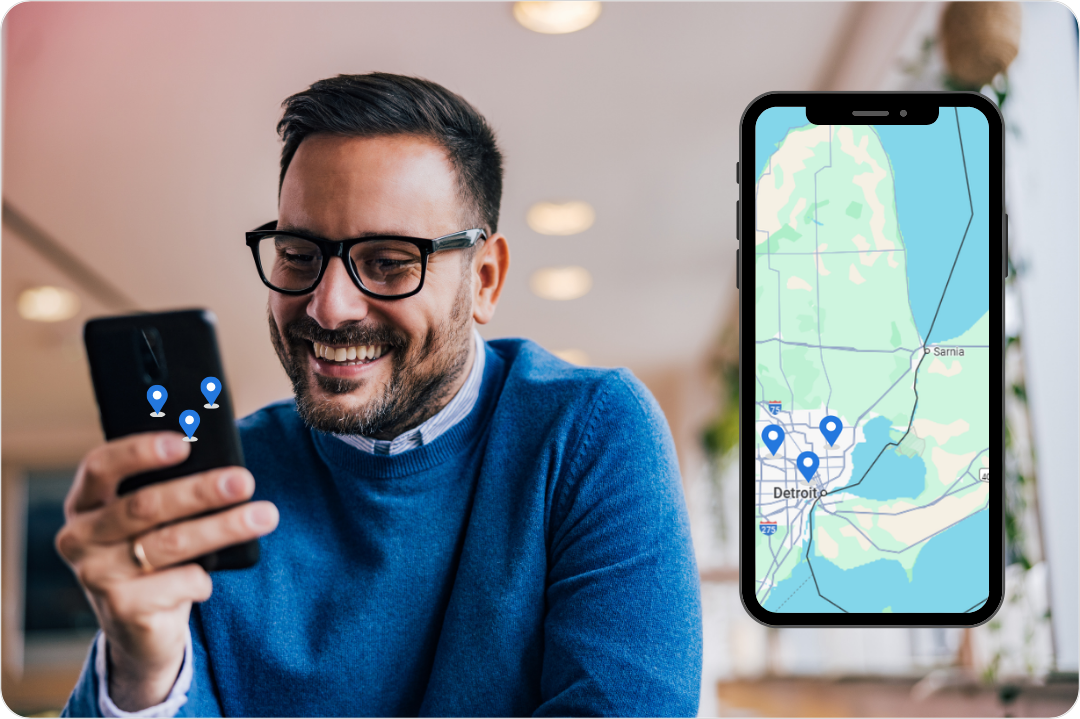
With Loneworker.com you can be equipped with the knowledge and the means to protect your employees and protect your business. Contact us today to learn more about how Loneworker.com can protect you and your employees.
How The Safe Lone Worker App Can Protect Washington Lone Workers And Employers
The Safe Lone Worker app supports compliance with Washington's safety expectations by providing real-time tracking, timed check-ins, emergency alerts, and fall detection. These features offer immediate insight into a worker’s status—allowing for a faster response if something goes wrong.
For employers, this technology simplifies oversight while reinforcing their commitment to safety and risk management under DOSH standards.
Washington Lone Worker Policies
The Washington State Department of Labor & Industries, through the Division of Occupational Safety and Health (DOSH), enforces the state’s OSHA-approved occupational safety and health program. Washington’s safety rules apply to both private- and public-sector employers and include some of the most proactive requirements in the country.
For more information, visit the official Washington State Department of Labor & Industries – DOSH. This article is intended as general guidance and does not replace legal or regulatory consultation.
Washington Lone Worker Resources
OHS Contact Centre
- 1-866-415-8690
CDC / NIOSH
- 800-232-4636
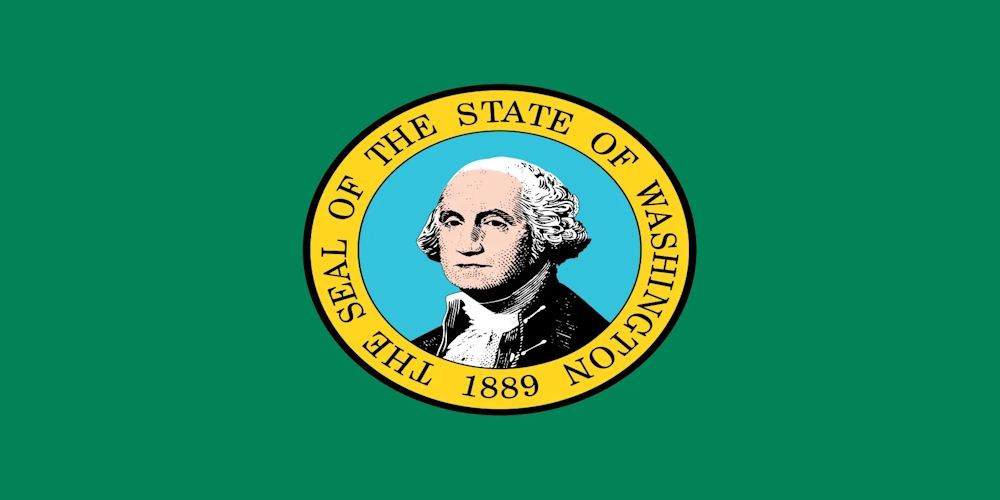
Affordable Monitoring For Lone Workers In Washington
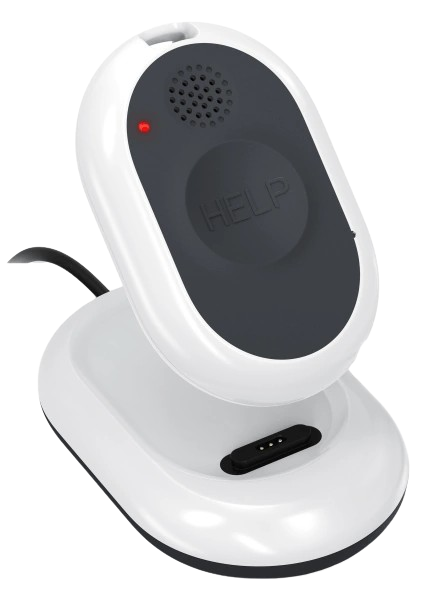
-
 Monitoring Your Employees' Safety
Monitoring Your Employees' Safety
-
 GPS Tracking And Monitoring
GPS Tracking And Monitoring
-
 Man Down Panic Alerts
Man Down Panic Alerts
-
 24/7 Protection Anywhere
24/7 Protection Anywhere
Lone Worker Legislation
Lone Worker Safety Policies And Legislation By State
-
 Alabama State Safety Policies And Legislation
Alabama State Safety Policies And Legislation
-
 Alaska State Safety Policies And Legislation
Alaska State Safety Policies And Legislation
-
 Arizona State Safety Policies And Legislation
Arizona State Safety Policies And Legislation
-
 Arkansas State Safety Policies And Legislation
Arkansas State Safety Policies And Legislation
-
 California State Safety Policies And Legislation
California State Safety Policies And Legislation
-
 Colorado State Safety Policies And Legislation
Colorado State Safety Policies And Legislation
-
 Connecticut State Safety Policies And Legislation
Connecticut State Safety Policies And Legislation
-
 Delaware State Safety Policies And Legislation
Delaware State Safety Policies And Legislation
-
 Florida State Safety Policies And Legislation
Florida State Safety Policies And Legislation
-
 Georgia State Safety Policies And Legislation
Georgia State Safety Policies And Legislation
-
 Hawaii State Safety Policies And Legislation
Hawaii State Safety Policies And Legislation
-
 Idaho State Safety Policies And Legislation
Idaho State Safety Policies And Legislation
-
 Illinois State Safety Policies And Legislation
Illinois State Safety Policies And Legislation
-
 Indiana State Safety Policies And Legislation
Indiana State Safety Policies And Legislation
-
 Iowa State Safety Policies And Legislation
Iowa State Safety Policies And Legislation
-
 Kansas State Safety Policies And Legislation
Kansas State Safety Policies And Legislation
-
 Kentucky State Safety Policies And Legislation
Kentucky State Safety Policies And Legislation
-
 Louisiana State Safety Policies And Legislation
Louisiana State Safety Policies And Legislation
-
 Maine State Safety Policies And Legislation
Maine State Safety Policies And Legislation
-
 Maryland State Safety Policies And Legislation
Maryland State Safety Policies And Legislation
-
 Massachusetts State Safety Policies And Legislation
Massachusetts State Safety Policies And Legislation
-
 Michigan State Safety Policies And Legislation
Michigan State Safety Policies And Legislation
-
 Minnesota State Safety Policies And Legislation
Minnesota State Safety Policies And Legislation
-
 Mississippi State Safety Policies And Legislation
Mississippi State Safety Policies And Legislation
-
 Missouri State Safety Policies And Legislation
Missouri State Safety Policies And Legislation
-
 Montana State Safety Policies And Legislation
Montana State Safety Policies And Legislation
-
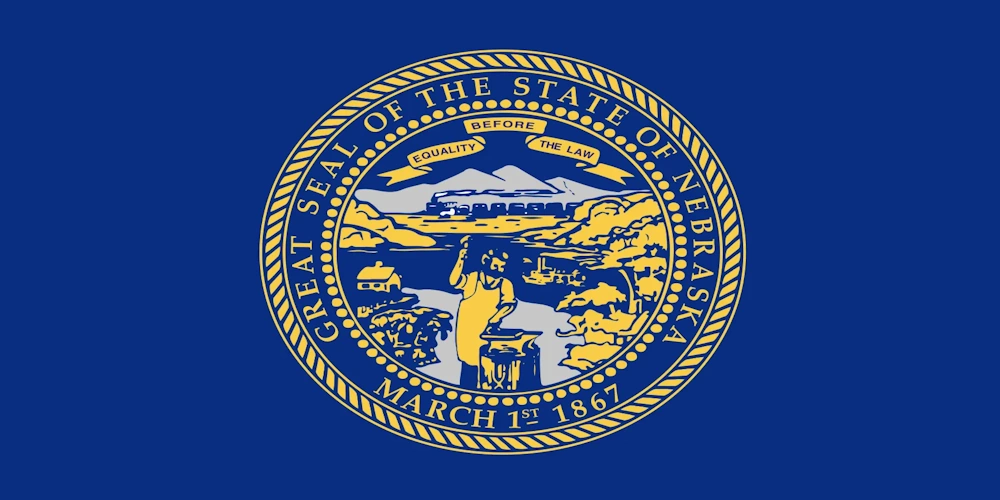 Nebraska State Safety Policies And Legislation
Nebraska State Safety Policies And Legislation
-
 Nevada State Safety Policies And Legislation
Nevada State Safety Policies And Legislation
-
 New Hampshire State Safety Policies And Legislation
New Hampshire State Safety Policies And Legislation
-
 New Jersey State Safety Policies And Legislation
New Jersey State Safety Policies And Legislation
-
 New Mexico State Safety Policies And Legislation
New Mexico State Safety Policies And Legislation
-
 New York State Safety Policies And Legislation
New York State Safety Policies And Legislation
-
 North Carolina State Safety Policies And Legislation
North Carolina State Safety Policies And Legislation
-
 North Dakota State Safety Policies And Legislation
North Dakota State Safety Policies And Legislation
-
 Ohio State Safety Policies And Legislation
Ohio State Safety Policies And Legislation
-
 Oklahoma State Safety Policies And Legislation
Oklahoma State Safety Policies And Legislation
-
 Oregon State Safety Policies And Legislation
Oregon State Safety Policies And Legislation
-
 Pennsylvania State Safety Policies And Legislation
Pennsylvania State Safety Policies And Legislation
-
 Rhode Island State Safety Policies And Legislation
Rhode Island State Safety Policies And Legislation
-
 South Carolina State Safety Policies And Legislation
South Carolina State Safety Policies And Legislation
-
 South Dakota State Safety Policies And Legislation
South Dakota State Safety Policies And Legislation
-
 Tennessee State Safety Policies And Legislation
Tennessee State Safety Policies And Legislation
-
 Texas State Safety Policies And Legislation
Texas State Safety Policies And Legislation
-
 Utah State Safety Policies And Legislation
Utah State Safety Policies And Legislation
-
 Vermont State Safety Policies And Legislation
Vermont State Safety Policies And Legislation
-
 Virginia State Safety Policies And Legislation
Virginia State Safety Policies And Legislation
-
 Washington State Safety Policies And Legislation
Washington State Safety Policies And Legislation
-
 West Virginia State Safety Policies And Legislation
West Virginia State Safety Policies And Legislation
-
 Wisconsin State Safety Policies And Legislation
Wisconsin State Safety Policies And Legislation
-
 Wyoming State Safety Policies And Legislation
Wyoming State Safety Policies And Legislation

